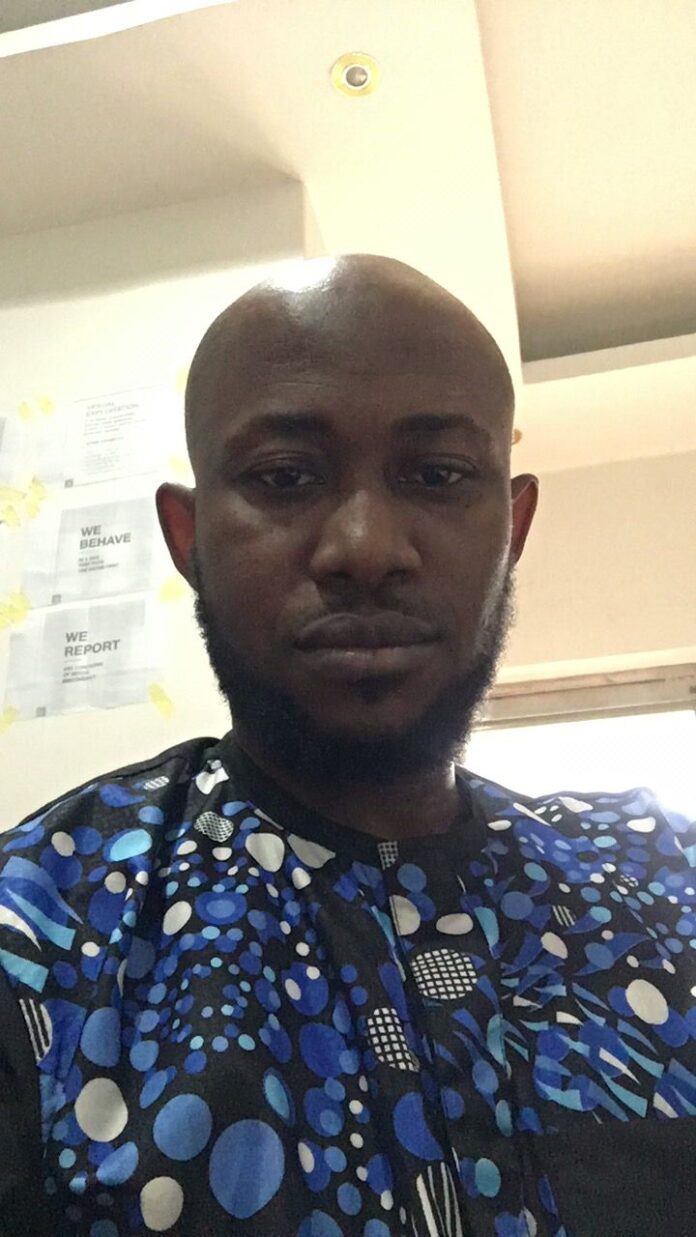5th of October every year is marked as World Teachers’ Day (WTD). WTD marks the anniversary of the adoption of the 1966 ILO/UNESCO recommendation concerning the status of teachers. UNESCO adopted October 5th as WTD in 1994. Prior to this time, 5th September was celebrated in India as National Teachers’ Day. The students of the second Indian President, Dr. Sarvepalli Radhakrishnan, had approached him to inform him of their plans to celebrate his birthday (5th September), instead, he requested that the date be celebrated as National Teachers Day in India. WTD is an opportunity to celebrate teachers for their contribution and commitment to nation-building in general and the impact they have on their learners in particular.
This year, the theme of the celebration is “Transformation of education begins with the teachers”. This theme calls attention to the important role that teachers play in educational transformation which in turn transforms individual and society at large. The future of any nation can be mirrored through its education (and their teachers). Communities that have poor educational facilities, low and discriminatory (enrolling more boys than girls) enrolment into school have turned out to be low on the human development index. This is why we must take the welfare of teachers seriously. Education and human development are Siemens twins; one cannot be achieved without the other. As important as education is, more important is the teacher, through whom lessons are delivered. According to this year’s theme, the “transformation” of the teacher is at the centre of educational transformation. This is the case of building the capacity of teachers so they can deliver quality lessons. This is were Second Chance Education (SCE) Teachers also called Facilitators come in.
There is currently a global drive to end Gender Based Violence (GBV) against Women and Girls under the Spotlight Initiative. This initiate is a partnership between The European Union (EU) and the United Nations (UN). In Cross River State, UNESCO, one of the UN agencies implementing Spotlight, is supporting Second Chance Education through Education Today for Sustainable Development Initiative (ETSDI). ETSDI, a Non-Governmental Organisation (NGO) has a mandate to reach 2,000 marginalised women and girls in Obubra and Obanliku Local Government Areas of Cross River State. This intervention is aimed at empowering women and girls from hard-to-reach communities, who did not have an opportunity to go to school or dropped out as a result of all types of GBV. As commendable as this initiative is, it is time bound and has limited resources for implementation. Hence, the need for government to factor in SCE facilitators when planning for the 2023 budget.
What ETSDI is doing with the support of UNESCO is not enough. Government can replicate and expand on this by studying the NGO’s model of intervention. The NGO in partnership with the Agency for Adult and Non-final Education (AANE), and Ministry of Women Affairs (MOWA) recently trained 40 Facilitators to support SCE and 10 Vocational Skills Facilitators to train women and girls in different skills. The SCE Facilitators should be co-opted into the administration, given more training and paid Montoya stipend to continue offering this service to our remote communities after the six months period that ETSDI’s intervention will last.
Partners on the Spotlight Initiative programme have a consensus that if Goal 5 (Gender Equality) is met, all other goals would have been met. One of the ways to get this done is through exposing women and girls to their rights, what constitutes GBV, helping them build life skills, giving them livelihood support and empowering them to manage their finances. All of these and more happens through the SCE. Facilitators (teachers) will be driving this process. My appeal is for Government to commit to sustaining this very important non-formal education when ETSDI’s intervention ends in six (6) months. If we must meet the Sustainable Development Goals (SDGs), we must take teachers serious especially, Second Chance Education Teachers.
Kebe Ikpi Writes from Calabar
Please follow Kebe on Twitter: @KebeIkpi









